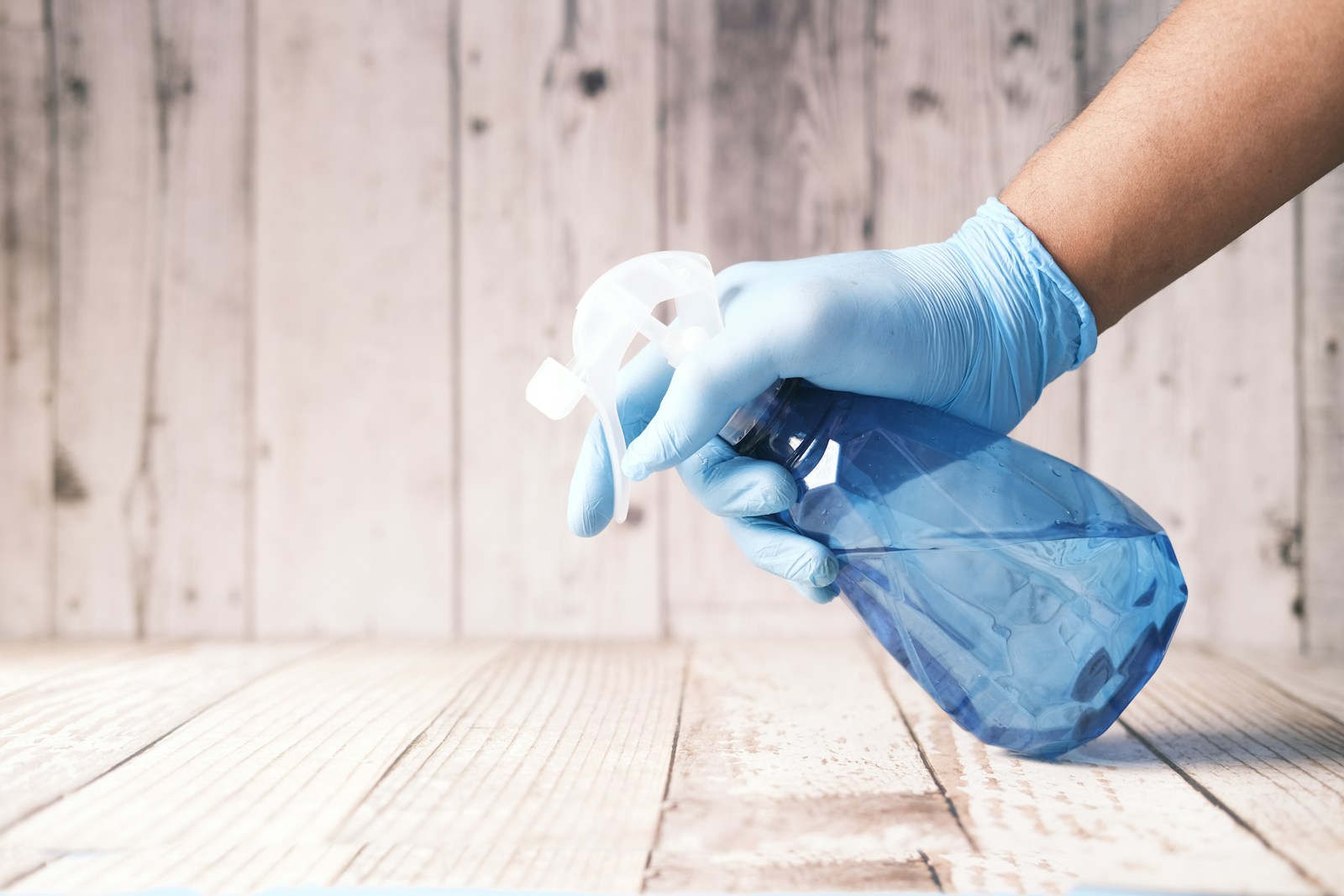When it comes to maintaining a safe and healthy environment, few places require as much attention as hospitals. Hospital cleaning is not just about keeping facilities looking neat—it’s a vital process that directly impacts patient health, infection control, and overall safety. In an environment where people are vulnerable and healing, proper cleaning procedures can make all the difference between recovery and further illness.
Hospitals are unique because they bring together individuals with varying immune system strengths, including patients with compromised health, medical staff who interact with many people each day, and visitors coming from different environments. Without strict hospital cleaning protocols, the risk of spreading harmful bacteria, viruses, and pathogens increases dramatically.
One of the main purposes of hospital cleaning is infection prevention. Healthcare-associated infections (HAIs) are a serious concern in medical facilities, and many of them are preventable with effective cleaning and sanitization. Surfaces like doorknobs, bed rails, IV poles, and medical equipment can harbor dangerous germs if not disinfected regularly. Trained cleaning staff use hospital-grade disinfectants to ensure these high-touch areas are thoroughly sanitized.
In addition to preventing infections, hospital cleaning plays a key role in maintaining a professional and welcoming environment. Patients and their families feel more comfortable and confident when they see a clean, well-maintained facility. A clean hospital not only supports better health outcomes but also reflects positively on the institution’s reputation.
While hospital cleaning requires specialized knowledge and products, it falls under the larger umbrella of commercial cleaning. However, hospital cleaning differs from standard commercial cleaning because it demands higher standards and stricter compliance with health regulations. Hospital cleaners often receive specialized training to handle biohazards, properly dispose of medical waste, and follow OSHA (Occupational Safety and Health Administration) guidelines.
Another factor that makes hospital cleaning critical is the need for continuous operation. Hospitals never close, so cleaning must be done without disrupting patient care. This requires strategic scheduling, advanced cleaning equipment, and strong communication between cleaning teams and hospital staff.
Commercial cleaning companies that provide hospital cleaning services must also adapt to the specific needs of different areas within a healthcare facility. For example, operating rooms require intensive cleaning and sterilization after every procedure, while waiting areas focus on disinfecting high-traffic zones to prevent cross-contamination.
In recent years, the COVID-19 pandemic has highlighted the importance of proper hospital cleaning more than ever. The increased awareness of virus transmission has led to even stricter protocols and more frequent sanitization schedules, not only in hospitals but in all commercial cleaning services.
Ultimately, hospital cleaning is not just a matter of appearance—it is a critical component of healthcare. It safeguards patients, protects healthcare workers, and ensures hospitals remain places of healing rather than sources of illness. By investing in thorough, consistent, and professional cleaning, hospitals can provide safer environments for everyone who walks through their doors.

